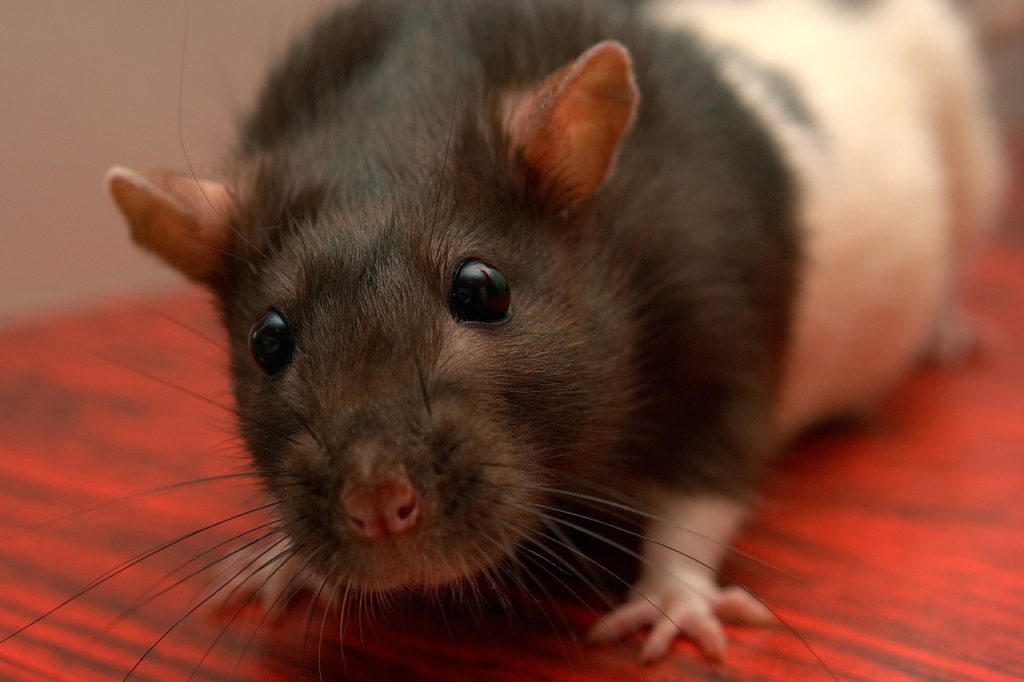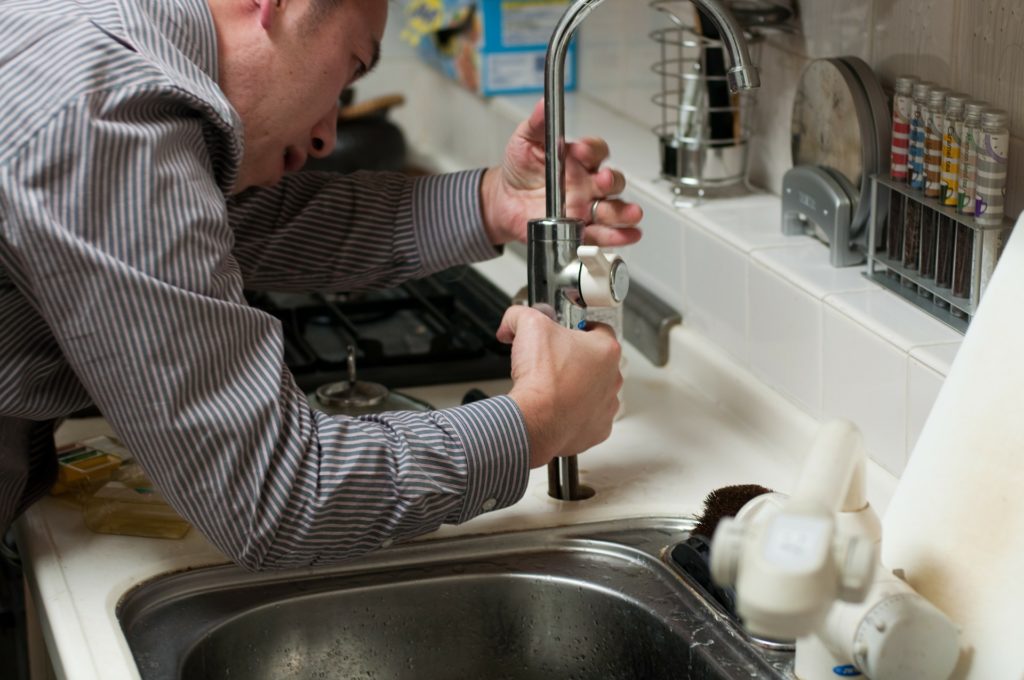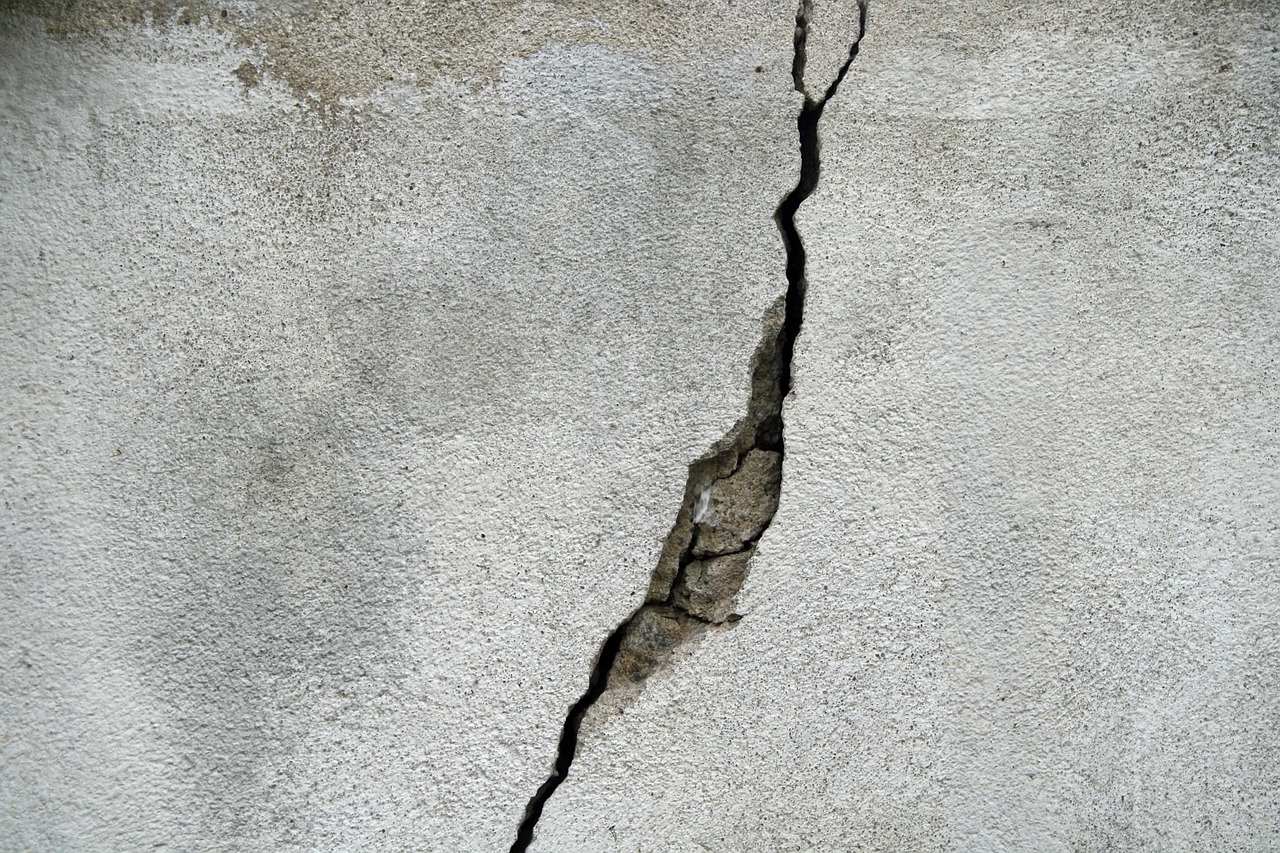We all know rats are relentless chewers. If you are suffering from a rat infestation, you may even hear these rodents chewing through your wooden walls. But what’s the limitation of these rodents’ chewing power? Can rats chew through concrete and other solid materials, for instance?
Rats and their chewing behavior
- Rats need to chew consistently to control teeth growth. Why are rats relentless chewers in the first place? Well, their incisors (their front teeth that are always prominent in their faces) continuously grow. When they become too long, they can cause problems such as difficulty in eating and injuries. This is why rats always chew on something — to file their incisors and control their growth. This puts all the items inside your home at risk of being chewed on if you have a rat infestation.
- They chew around your home to create passageways. Rats get in and out of your home to look for food, water, and shelter opportunities. One of the main ways they get around your home is through passageways. They use doors, windows, and random cracks and gaps across your property. If they are not available, they will make their own by chewing through your home. Unfortunately, rat teeth are strong. They can chew through a variety of materials, including light metals like aluminum and copper.
- They chew on structures to get materials for their nests. Rats will look for a place where they can protect themselves from the elements and stay warm. This is one of the reasons why you have rats at home. Your home is the perfect place to stay, and you have food and water too. But rats will not just make themselves comfortable on the floor. They will still make a nest even when they are already inside your home. To gather materials for their nest, they will chew on different materials inside your home. This can be dangerous depending on the materials they chew on. For instance, if they end up chewing on electrical wires, your home becomes vulnerable to electrical failures and house fires.

Can rats chew through concrete?
- Rats can only chew through solid concrete if it is old or weak. Generally, rats can’t chew through solid concrete. The material is just too solid even for their strong teeth. However, this doesn’t mean that the concrete parts of your home are completely immune. Concrete can be weak if they are not applied properly. They can also weaken with time. If your home is not properly built or it is old, rats may be able to chew through the concrete there, especially if the concrete already has cracks. These rodents can then use the chewed concrete as passageways in and out of your home. They can also use them as potential hiding spots.
- Unusually strong rats may be an exception. Even the strong teeth of rats have their limitations. But you still shouldn’t underestimate them. Unusually strong rats have been able to chew through materials that typical rats won’t be able to. For example, there have been instances where rats have been able to chew through solid concrete. This news report talks about a Swedish family’s encounter with a 40-centimeter rat that has chewed its way through cement and wood floors.
- Rats can chew through a variety of hard materials, including certain metals. Rats can chew through plastic, wood, and light metals, including aluminum, copper, lead, and tin. Unfortunately, your home is littered with items and structures that contain these materials. They are at risk of breaking down. Some unusually strong rats are also known to chew through the more solid versions of these materials, such as hard PVC pipes.

Rat-proofing concrete structures
- Use rat-resistant materials. The most simple way to rat-proof structures is to use materials that rats can’t chew through, including solid concrete that is new and properly applied. If your structure seems to have damage or is already weak because of age and poor application, consider remedying them or just outright replacing them to make them rat-resistant. However, take note that this is not a 100% guarantee that no rat will chew through your structure. After all, unusually big and strong rats have historically chewed through incredibly strong materials. But by using rat-resistant materials, you are at least making your home less vulnerable to rat damage.
- Close cracks, gaps, and holes. These are possible passageways for rats, so seal them as soon as you can. But that is easier said than done. You don’t always know if there are cracks, gaps, and holes around your home. You have to inspect your property thoroughly first. Your doors, windows, and walls are the easiest to inspect. But don’t disregard pipes, utility lines, and vents. You can even hire professional home service providers if you think this task is beyond you. HVAC professionals and plumbers are good choices for the job.
- Keep your surroundings clean. Sometimes, it’s not about the materials of your property. It’s about the cleanliness of your surroundings. After all, rats are in the area because of food and water. If these are accessible, they are more likely to stay and thrive. Indirectly drive these pests away from your property by storing your food properly and cleaning up immediately after eating. Throw away debris and trim landscaping to limit the hiding spots of these rodents.
Rats cannot really chew through concrete…
Rats can’t chew through concrete unless the concrete is poorly applied, old, or weak. Poorly applied concrete is not dense enough to withstand the force of a rat’s bite. Old concrete is naturally weak because of the test of time. And weak concrete is weak because of cracks, gaps, and holes that rats can take advantage of to easily chew through the concrete.
If you have these types of concrete, it’s not the end of the world. You can reinforce them by fixing the cracks, gaps, and holes. You can also replace them entirely to ensure their strength. And of course, the best rat-proofing technique of all is to not let rats thrive on your property in the first place, and you can do this by limiting the availability of food, water, and shelter.

